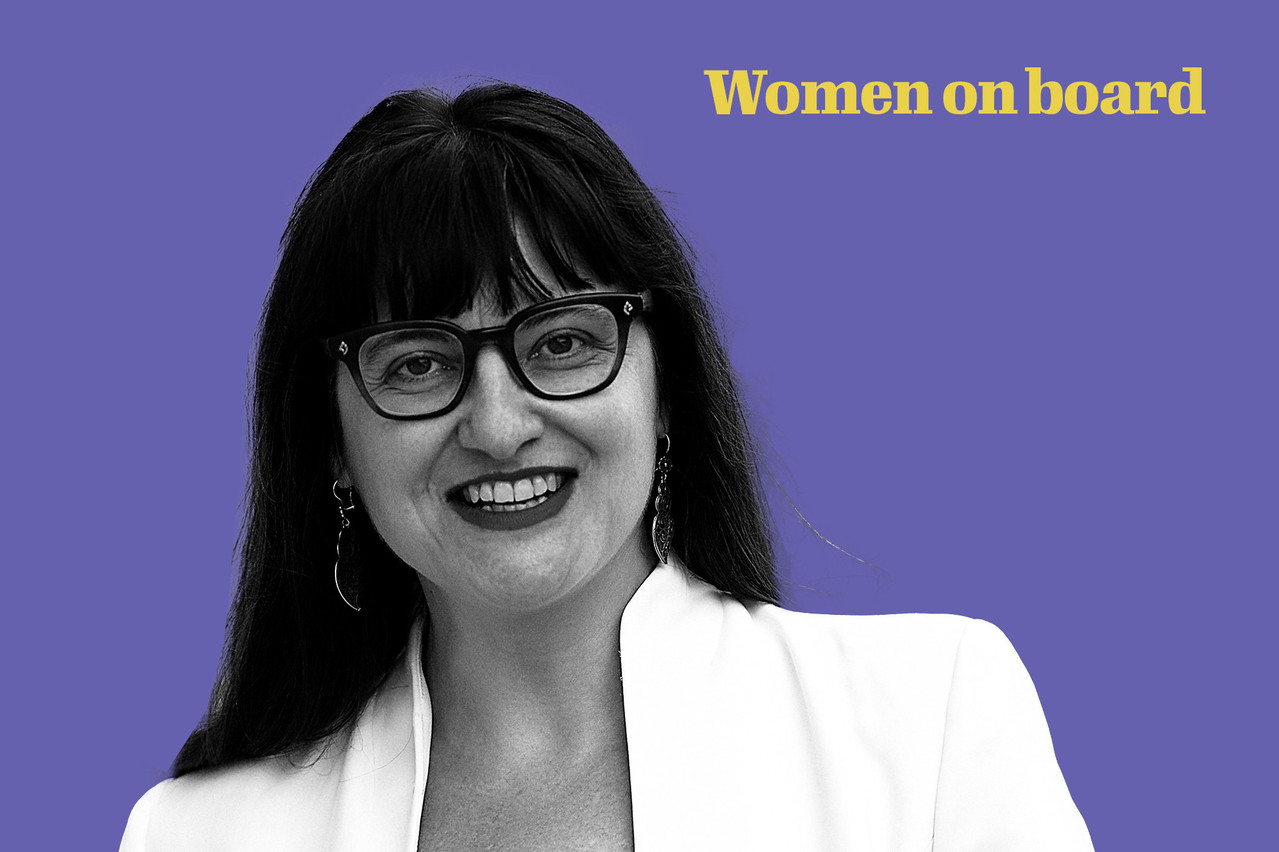Born in Romania and currently CEO of Group Moraru (Languages.lu), has been president of the Union des Indépendants Luxembourg since 2024, president of Politics For All since 2024 and is a member of the board of the Rotary Club Luxembourg-Kiem.
Paperjam: What are the main challenges you’ve faced as a female independent board member?
Daniela Clara Moraru: Women and men, young professionals and seasoned veterans, all seem to want that prestigious seat at the table. It’s a status symbol, a mark of achievement. Some strategise and put in tremendous effort, networking and enhancing their qualifications, whilst others simply find themselves in the right place at the right time, and in the right company, seemingly stumbling into their boardroom rendezvous.
However, let’s be candid: securing a board position is not the end of the journey; it's just the beginning. In Luxembourg, the stakes are extremely high. Unlike in other countries, board directors here face unlimited liability, meaning every decision could have serious repercussions--not only for the company but also for your own reputation, career and finances. This heavy burden is unfair, and it's one of the changes I advocate for as president of the board of the Union des Indépendants in Luxembourg.
Societal attitudes can also complicate women’s paths to board positions. Women often face stereotypes that undermine their capabilities. We hear it all the time: women lack the right qualifications. Yet, women consistently outperform men in their studies. If we entertain the notion that all women are incompetent for board positions, we must also ask: how many incompetent men currently occupy those seats? The irony is undeniable.
What is your opinion on quotas for women on boards?
Some women have internalised the idea that they don’t want to be appointed to a board simply because they are women. I reject that notion. I would gladly accept such an appointment because I know my worth and the value I bring to the table. If that makes me a “quota woman,” so be it. It’s time we stop fearing that label and instead focus on the contributions we make and the value we add.
During my 10 years in politics, I have learned valuable lessons. One is that the 40% quota for women candidates imposed on political parties is essential for securing state funding. As far as I know, no political party has missed out on this funding, which speaks to their compliance with the 40% requirement for women candidates.
As a female board member, do you feel a particular responsibility to advocate for gender parity and inclusion?
Another valuable lesson from my time in politics comes from having witnessed firsthand the transformative power of sponsorship in promoting women. You might be more familiar with the term mentorship, but the key difference is that mentorship involves providing advice and feedback, whilst sponsorship means someone is actively advocating for you because they believe in your abilities and potential. Although I was involved in implementing a mentoring programme for the international organisation I chaired, I found that sponsorship was far more effective in advancing women's careers.
What solutions or policies could foster better gender parity?
I firmly believe that the quotas implemented in Luxembourg's political sphere should extend to corporate boards. This practice is already in place at the EU level for listed companies, and we should adopt it at the national level as well.
We also need more women in leadership roles who are willing to sponsor other women--not just mentor or coach them. This shift could be a game-changer.
